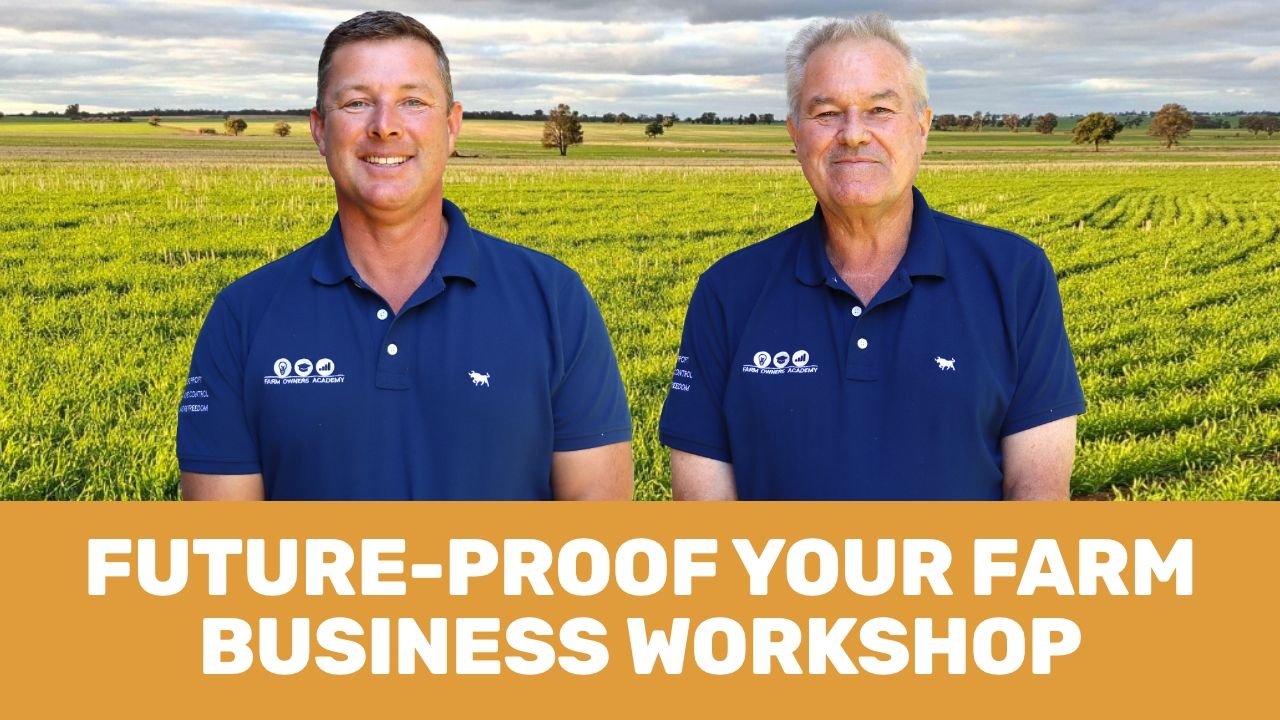Is People Pleasing More Prevalent in the Farming Community?
Aug 22, 2024
After working with farming families for the past 7 years, I would have to say, yes.
But I must preface that with some personal history to explain my potential bias.
In 2016 my dear mother, a kind, caring, people-pleasing woman, passed away. I was a workaholic (unbeknownst to me at the time) running three businesses and felt this profound loss deeply.
I realised how Mum’s propensity to put everyone before herself was the detriment of her well-being and contributed to her passing. Mum knew she had breast cancer for 7 months before seeking treatment because I was pregnant at the time and she didn’t want to worry me. She was caring for my dad who had suffered a stroke while continuing to work as a nurse.
Realising that I was headed down the same path, I made profound changes in my life and began teaching these principles to others through my “From People Pleaser to Soul Pleaser” program.
I attended a conference in Noosa for one of my businesses and met Andrew Roberts, a business coach. This encounter led to my role as a coach at Farm Owners Academy in early 2017.
My mum grew up in the farming community of Cummins, South Australia. She was taught at a young age to be on her best behaviour at all times, particularly in front of members of the local community.
Similarly, I grew up in the nearby small town of Port Lincoln and felt the same obligation to represent our family well in public. This translated to excelling in school and being liked by all the teachers, and students - which was challenging at times.
In the end, I became extremely hard on myself with unrealistic expectations and my emotions were dependent on continuously meeting an impossible standard.
I had taken the expectations of my parents to another level. They loved and accepted me way more than I did.
In my 7 years of coaching at Farm Owners Academy, I have had the privilege of assisting farming families in our Platinum Mastermind Program with their well-being. During this time, I have observed a large percentage of them trying to live up to the expectations of their parents, whether real or imagined.
One of the reasons I think people-pleasing is more prevalent in farming communities is because often they continue to work together as families or take over the family farm. There is often a sense of obligation to prove their worthiness to deserve this inheritance.
For instance, a seventh-generation farm owner was ready to retire, but his daughters were not interested in taking over the farm. He felt guilty for selling the farm because due to a sense of indebtedness to his forefathers and the local community. It took about 18 months of personal development work for him to allow himself the freedom to choose what he and his partner truly wanted, which was to sell the farm and travel.
Another young farm owner shared with me that he felt guilty sitting in the office working on the business while his uncle was out doing the farm work. I asked him what his uncle thought about it. He didn’t know because he hadn’t asked. He assumed his uncle resented him for it.
Worrying about what other people think and feeling guilty for doing what you want to do are people-pleasing symptoms.
This young man, on my prompting, finally worked up the courage to ask his uncle how he actually felt about him being in the office. His uncle was glad his nephew was doing the office work so the business could succeed, and he could keep doing the operational work that he loved.
Succession in farming can be challenging because family members are afraid of being honest with each other, instead hypothesizing what the other members might be thinking.
It takes confidence in yourself, knowing what is important to you, and valuing that enough, to be honest with family and allow them to do the same to create resolutions to family conflicts.
Avoidance of conflict is another people-pleasing symptom. We are afraid of someone else’s emotional reaction. Once you realise that you are not responsible for others' emotions and learning to listen to understand their point of view can turn potential conflicts into opportunities for mutual understanding and acceptance – and acceptance that we can love each other without always agreeing with each other.
There is a happy medium that can be discovered.
One of my common responses on coaching calls is, “Have you said what you have told me to them?” Often the answer is no.
Discover what is true for you and find a way to kindly share that truth with anyone you feel some negativity towards if it will result in moving forward. Allow them the same courtesy.
If you can relate to any of the symptoms of people pleasing, I have mentioned in this blog, you may like to learn more about how you can live the life you choose in my book: From People Pleaser to Soul Pleaser – available on Amazon.
Love,
Tracy Secombe
Farm Owners Academy Director








